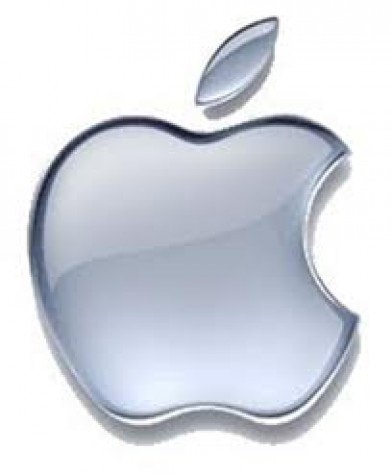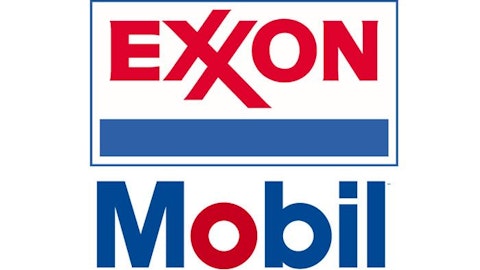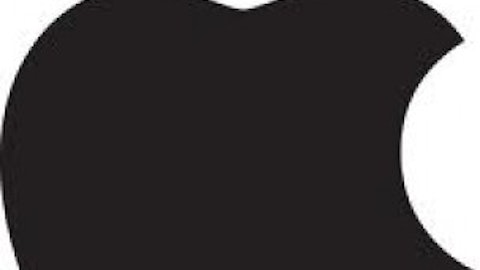Apple Inc. (NASDAQ:AAPL) has been going through some tough times lately. Where shares of the technology giant have easily beaten each and every benchmark over the past decade, things might be starting to change. Shares of Apple are finally regressing back to the mean. Take a look at the chart below.
Since November 2012, Apple Inc. (NASDAQ:AAPL)’s shares (in blue) diverged from the SPY 500 trend-line (in green). While the SPY gradually climbed by an impressive 20%, Apple’s shareholders had to settle for a 30% decline in the price of their shares. In the face of such a decline, Samsung Apple’s fierce rival, shines like a bright star. The Korean technology giant has easily beaten the benchmark by a wide margin of 20%. That’s phenomenal. This brings us to explore the two main causes behind Apple Inc. (NASDAQ:AAPL)’s decline and to check whether or not they are sustainable.
Cause no. 1: Patent infringements
Technology companies generally do not have wide economic moats. That’s because everyone with some sophistication and the right tools can copy the original gadget and mass manufacture to the public at a much better price because he didn’t have to incur the R&D expenses to develop it. That’s why patents are so important in the technology sector. It’s the patents that provide protection and resemble the closest thing to an economic moat. Apple has been losing ground in this battlefield.
Apple Inc. (NASDAQ:AAPL) has lost a ruling by the International Trade Commission (ITC) in a patent dispute with its rival Samsung. The panel ruled that Apple infringed on a Samsung patent. The ruling would bar the importation of certain iPhones and iPads made to work on AT&T Inc. (NYSE:T)‘s network. Among them are the iPhone 4, the iPhone 3GS, the iPad 3G, the iPad 2 3G and the iPad 3. Samsung, which is battling Apple in court in some 10 countries, had also accused Apple Inc. (NASDAQ:AAPL) of infringing on three other patents, but the ITC found that Apple did not infringe these. Rest-assured, Apple did get hit, but the skies aren’t falling. This ruling by the ITC is likely to lead to monetary damages only and not to any sale bans. That’s good news for Apple.
Also, you should always consider these patent suits in perspective. Every major tech player has been sued, and sometimes convicted, of this wrongdoing. It’s almost an integral part of the business. Take Microsoft Corporation (NASDAQ:MSFT) for example. Last month, Copytele, a “patent enforcement entity” based in New York, had filed a patent infringement suit against Microsoft in connection with its Skype IP calling and messaging service, now used by 280 million people every month. This might interrupt Mr. Softy with the integration of Skype with its software package, but it’s likely to only cause a short halt and some monetary damages. Eventually, Skype will be integrated in Microsoft Corporation (NASDAQ:MSFT) and two years down the road, no one’s going to remember that such a suit has ever been filed. In the long run, Innovation usually beats legality.






